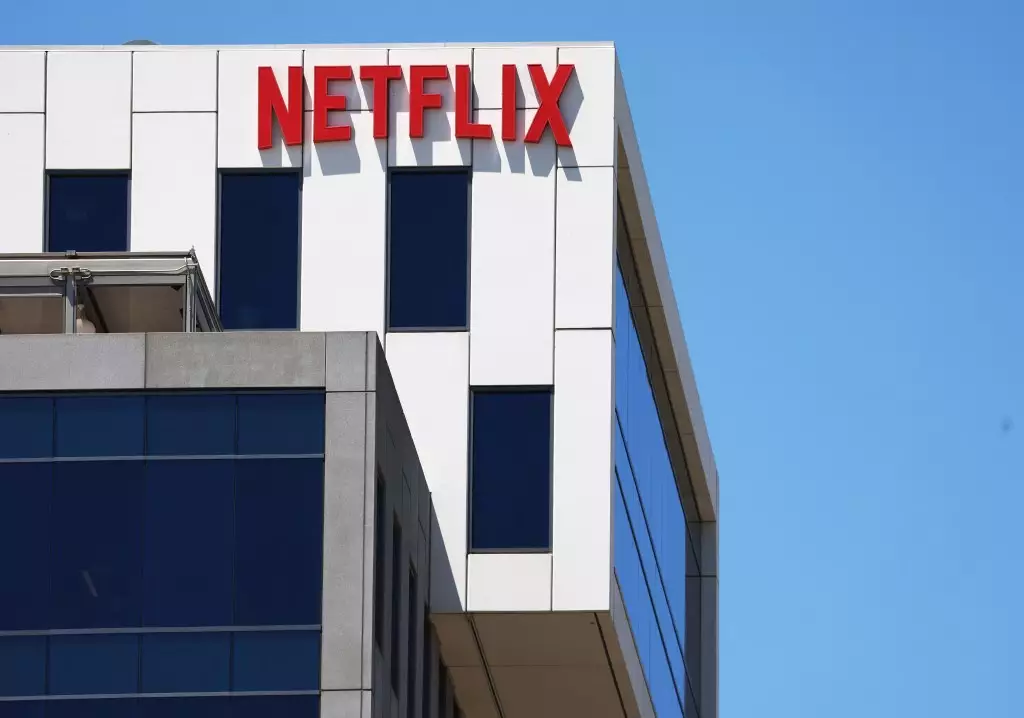In recent months, the film and television industry has witnessed a significant shift in the discourse surrounding talent compensation, particularly within the realm of streaming services. Netflix, the dominant player in the streaming market, is at the forefront of this conversation, initiating discussions about how it compensates its creative talent. This evolving dialogue centers around the need for more transparency in payment structures, reflecting a broader trend towards performance-based compensation models. As the industry continues to adapt to the changing dynamics of viewer engagement and content consumption, it is crucial to examine the implications of such changes for both the talent and the streaming platforms.
Tomorrow, Netflix is set to host a crucial event titled “Netflix Explained,” targeted at top agents and managers across Hollywood. The gathering aims to foster a better understanding of Netflix’s operational mechanics and is anticipated to address the current discontents regarding talent payment. While the official agenda remains generalized, sources suggest that representatives from industry-leading agencies—WME, CAA, and UTA—will engage in substantive discussions about compensation reforms. This will be particularly timely, as Netflix has been assessing its strategies for compensating talent, especially in light of its recent success metrics.
The high-profile event will feature key executives such as Chief Content Officer Bela Bajaria and Chief Marketing Officer Marian Lee, who are expected to shed light on Netflix’s operational provisions. Industry insiders believe that the event will open the floor to discussions around transforming the talent payment model from a static, upfront cost-plus structure to a more dynamic one that emphasizes merit and the success of shows and films.
Under consideration is a revised payment structure that incentivizes talent to produce high-performing content. Reports suggest that Netflix may propose a 20-30% reduction in upfront fees for top talent, potentially compensating them with an equivalent or even greater amount based on the success of their projects. This approach mirrors traditional models used in other entertainment spheres where success translates into higher rewards. By shifting the focus away from guaranteed upfront payments, Netflix may be attempting to align the interests of content creators with the performance of their work.
However, critics of this model argue that it could disproportionately affect less established individuals in the industry who rely on upfront payments for financial stability. Moreover, an essential part of the discourse revolves around whether or not talent could eventually retain ownership of their intellectual property (IP). While current negotiations have not indicated any shifts regarding IP rights, the prospect of ownership remains an important topic for many creators aiming for long-term financial benefits from their work.
As streaming platforms continue to proliferate, the necessity for transparency in financial dealings becomes paramount. Netflix’s recent efforts to release data on its viewership metrics highlights its intent to lead in transparent operations, which can, in turn, create a conducive atmosphere for negotiating new deals. Insights from the company’s semi-annual engagement reports reveal that over 94 billion hours of content were consumed on the platform during just the first half of 2024. This data is critical in giving talent and their representatives a clearer picture of potential earnings based on performance metrics.
Several shows and films have emerged as successes, including “Fool Me Once” and “Avatar: The Last Airbender,” presenting a case for a performance-oriented pay structure where creators could see a direct impact of their work reflected in their compensation. This movement towards data-driven decision-making could also foster greater accountability and encourage talent to strive for higher quality productions.
As industries evolve, Netflix’s exploration of an updated payment framework highlights its commitment to addressing the concerns of today’s creators. While the company is in what insiders describe as a “real adjustment phase,” the execution of such changes remains a work in progress. Balancing the need for competitive compensation with the demand for transparency and ownership rights will be paramount as streaming networks continue to redefine the entertainment landscape.
The coming months will be pivotal in determining how these discussions unfold and whether Netflix’s proposed changes in talent compensation will set a new precedent within the industry. Only time will tell if this shift will lead to a more equitable and sustainable model for artists in an increasingly competitive environment.

